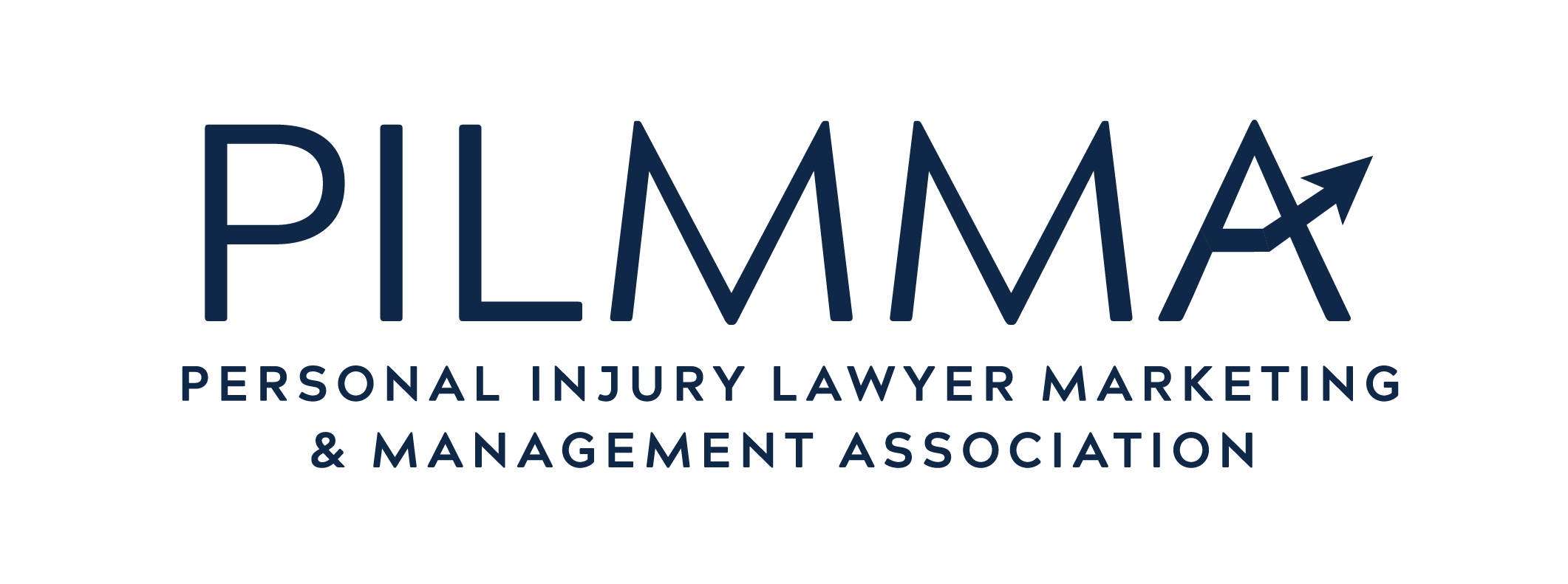First let’s start with the good news.
ChatGPT and open AI have taken the world by storm since the sophisticated Artificial Intelligence platforms emerged 6 months ago. It’s the new hot topic everyone is talking about all over the internet. And with good reason; Many liken this new AI’s revolutionary potential to that of the emergence of the Internet or the iPhone in changing the way we live, work and play.
Truthfully, we’ve been engaging with various forms of AI in our day to day lives for the last few years without realizing we’ve been doing so. But ChatGPT is taking AI to an all-new level.
 The good news is that AI is and will be a productivity GAME CHANGER for lawyers who understand its potential for their firm and know how to use it.
The good news is that AI is and will be a productivity GAME CHANGER for lawyers who understand its potential for their firm and know how to use it.
First, you need to recognize AI’s potential to revolutionize how you practice law, and dramatically increase your firm’s productivity, in areas such as how you deal with discovery, and medical records, how you market your law firm, respond to leads, and generate documents like pleadings, settlement packages and so forth.
But understanding it’s potential for revolutionizing your firm’s productivity is only the first step. The second and most critical step is to understand how to actually Implement AI in specific contexts in your law firm.
That’s why PILMMA is hosting a LIVE Law Firm AI Mastery Workshop in Charlotte, NC on August 10 + 11, 2023. We are keeping this hands-on Workshop small – limiting it to the first 25 firms to register, although each firm can bring up to 4 attendees. We will have AI guru’s and tech support presenting and assisting so that each attendee will learn not just what AI can do for their law firm, but will be shown how to actually implement AI while they are at the workshop.
Understanding how to harness the power of AI for your law firm also means understanding its current pitfalls. AI, including ChatGPT and its facsimiles, is an ever-evolving tool and right now it’s like a beautiful rose: The bloom is fragrant and fantastic, but it’s got some thorns, too. If you don’t understand the thorns and how to avoid them, you can find yourself in trouble.
One lawyer has learned this truth all too well….
The New York Times article read like a lawyer’s worst nightmare.
You know the kind: You are late for the bar exam and can’t find the testing site, or your testing materials, or your ID, or

Fortunately, we wake up from this kind of macabre dream, shrug it off, and go on with our day.
Not so for a New York lawyer who recently relied on ChatGPT to write his legal brief, but without checking and verifying the citations it provided.
Otherwise, here’s the nightmare in a nutshell: Plaintiff’s attorney, who had been practicing law about 30 years, used ChatGPT to create a legal brief in an aviation case he had pending in federal district court in New York. The lawyer later explained in affidavit, that he “consulted” ChatGPT to “supplement” his own work. ChatGPT provided him with a host of cases, including full case names, citations and holdings. Unbeknownst to the lawyer, none of these cases existed. The AI found and cited a half-dozen nonexistent cases that the lawyer then relied upon in the brief he submitted to the court. When questioned, the lawyer said that he had even gone so far as to ask ChatGPT to provide assurances that all the cases it provided were real and ChatGPT replied that the cases it provided “are real and can be found in reputable databases.” Unfortunately for the lawyer in question, the cases were completely bogus. ChatGPT simply made them up. The disaster was brought to the court’s attention when opposing counsel couldn’t find any of the referenced cases. This is the stuff real nightmares are made of…
According to The New York Times article: “ChatGPT generates realistic responses by making guesses about which fragments of text should follow other sequences, based on a statistical model that has ingested billions of examples of text pulled from all over the internet.” In this particular lawyer’s case, “the program appears to have discerned the labyrinth framework of a written legal argument but has populated it with names and facts from a bouillabaisse of existing cases.”
As you might expect, the judge in this nightmare turned reality case was not happy, noting that the brief contained internal citations and quotes that were nonexistent. He will be handing down his decision about whether and to what extent the unsuspecting lawyer will be sanctioned later this week.
Here’s the moral of the story: the ever-evolving AI, including ChatGPT are powerful tools to help all of us become more productive but they are just that: tools that should be wielded wisely. They have the capacity for incredible good. If used properly they will revolutionize your law firm and jump start your firm’s productivity in amazing ways. However, ChatGPT and similar AI inventions are not perfect. You will still need to provide oversight and quality control. Given ChatGPT’s current propensity to make up content to fit the search prompts, it is wise, when possible, to upload your firm’s data and use that as the parameters that AI uses to produce results, rather than the entire internet database. And when it comes to drafting legal memoranda, as in your law school days, always check and verify your citations…

